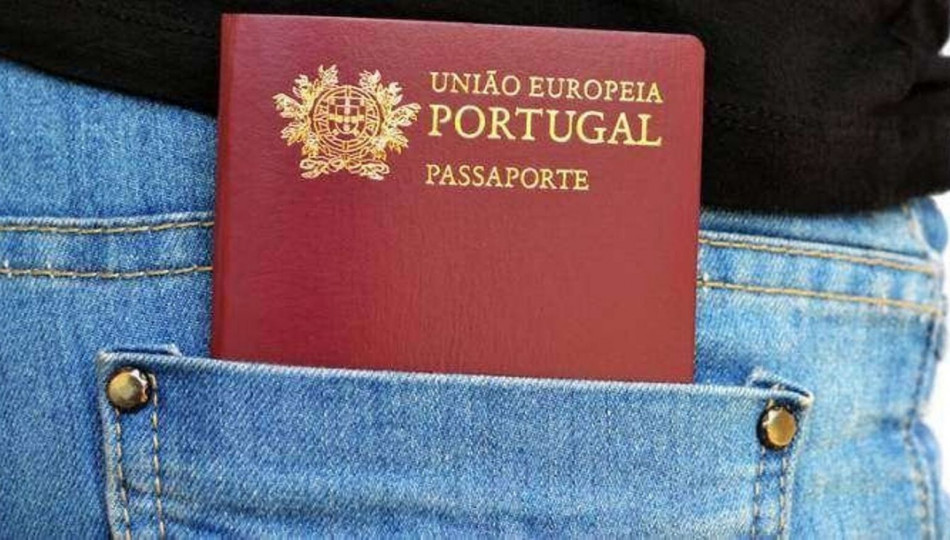Visa to Poland

Editor

related articles
Who needs a visa?
Whenever you enter Poland with the intention of staying for a period shorter than 90 days, you usually do not need a visa. There are some countries, however, whose nationals are obliged to obtain it even when coming for a very brief visit. If you come from a non-Schengen state, sometimes referred to as a third country, it should set your alarm bells ringing. Visit the Polish Office for Foreigners website and see if you can travel to Poland visa-free. If your country is not on the list, you will be obliged to apply for a visa.
Types of visas
Before your arrival, you need to decide on the type of the document you will need.
- Type A ‘airport transit’ visa
This type of visa allows you to travel through Poland (without staying anywhere outside the transit area of the airport) to another Schengen zone country. It is not very common, since it is mandatory only for the nationals of the following countries: Afghanistan, Armenia, Bangladesh, Democratic Republic of the Congo, Egypt, Eritrea, Ethiopia, Ghana, Iraq, Iran, Cuba, Nigeria, Pakistan, Somalia and Sri Lanka.
- Type C ‘Schengen’ visa (short-term)
If you want to visit Poland for a short period lof time (maximum up to 90 days in half a year) and you are from a country whose nationals are obliged to have a visa – the Schengen visa is for you. Type C allows you not only to enter Poland, but also other countries that are part of the Schengen Area. Please remember that the 90-days-long period starts with the day you cross the Polish border. You can split this time into multiple visits, but the visa expires after 180 days.
- Type D ‘national’ visa
If your stay is going to last 91 days or more (in one visit or more during the 180-day-long period), you should apply for the national visa. Apart from entering Poland, it allows you to visit other Schengen countries, but similarly to the type C visa - up to 90 days in half a year. It is valid for the period stated in the document, but as a rule it is not longer than one year. After this time, you can apply for the prolongation of your visa.
Business or pleasure?
In the case of visas type C and D, the authorities will ask you to provide information about the purpose of your visit. You can choose from the list of reasons for staying in Poland. You will be provided with all the possible answers, some of them including: tourism, family or friends visit, sports events participation, setting up your own business, conference participation and so on. When it comes to the national visa, the purpose of your stay will determine its duration.
How to get down to this?
When you already know what visa you need to enter Poland and have specified the purpose of your stay, contact the nearest consular point of the Republic of Poland. To print the application form, foreigners are usually asked to visit eConsulate. At this point you can also start completing all the documents necessary for issuing the visa. Apart from the aforementioned form with your signature, you will need:
- travel documents valid for three months before the expiration of your visa (type D) or after its expiration (type C) with at least two blank pages, issued within the last decade;
- biometric photo;
- health insurance (of at least EUR 30,000 if you are applying for type C visa);
- other documents confirming the purpose of your visit, your accommodation in Poland*, possession of sufficient funds to cover your entry, stay and departure**, willingness to leave the Schengen zone after your visa expires (type C) or the necessity of staying in Poland for longer than 90 days (type D);
- visa fee.
You may be asked to provide other documents as well. All the necessary information will be given to you in the relevant consulate.
How much is this?
You have to bear in mind that applying for a visa involves some costs. The application itself includes a fee which is non-refundable, even when your visa is not granted. However, if you obtain it, you will need to pay a visa fee, which is not fixed and depends on the country of your origin. Generally it should not exceed EUR 70.
Where to apply?
As already mentioned, most of the foreigners willing to obtain a visa are asked to go to the website eConsulate, where the visa form can be printed out. Once it is filled in and signed, you will need to visit a Polish consulate in your country of origin. The list of these placements is available online. This is also the place to get your first-hand information about new regulations and legal acts.
We hope that our Polish visa guide has answered your questions and doubts. Best of luck with your application - and see you in Poland.
* e.g. a rental contract
** Does not apply to Pole's Card holders and work visa holders among others. The costs can be covered by your sponsor (learn more about invitations to Poland). Foreigners are obliged to possess a return ticket or its cash equivalent. For people from countries neighbouring Poland it is PLN 200, for non-neighbouring EU states it is PLN 500, for a non-EU country it is PLN 2,500. The sums can be also provided in currencies other than Polish zloty.












